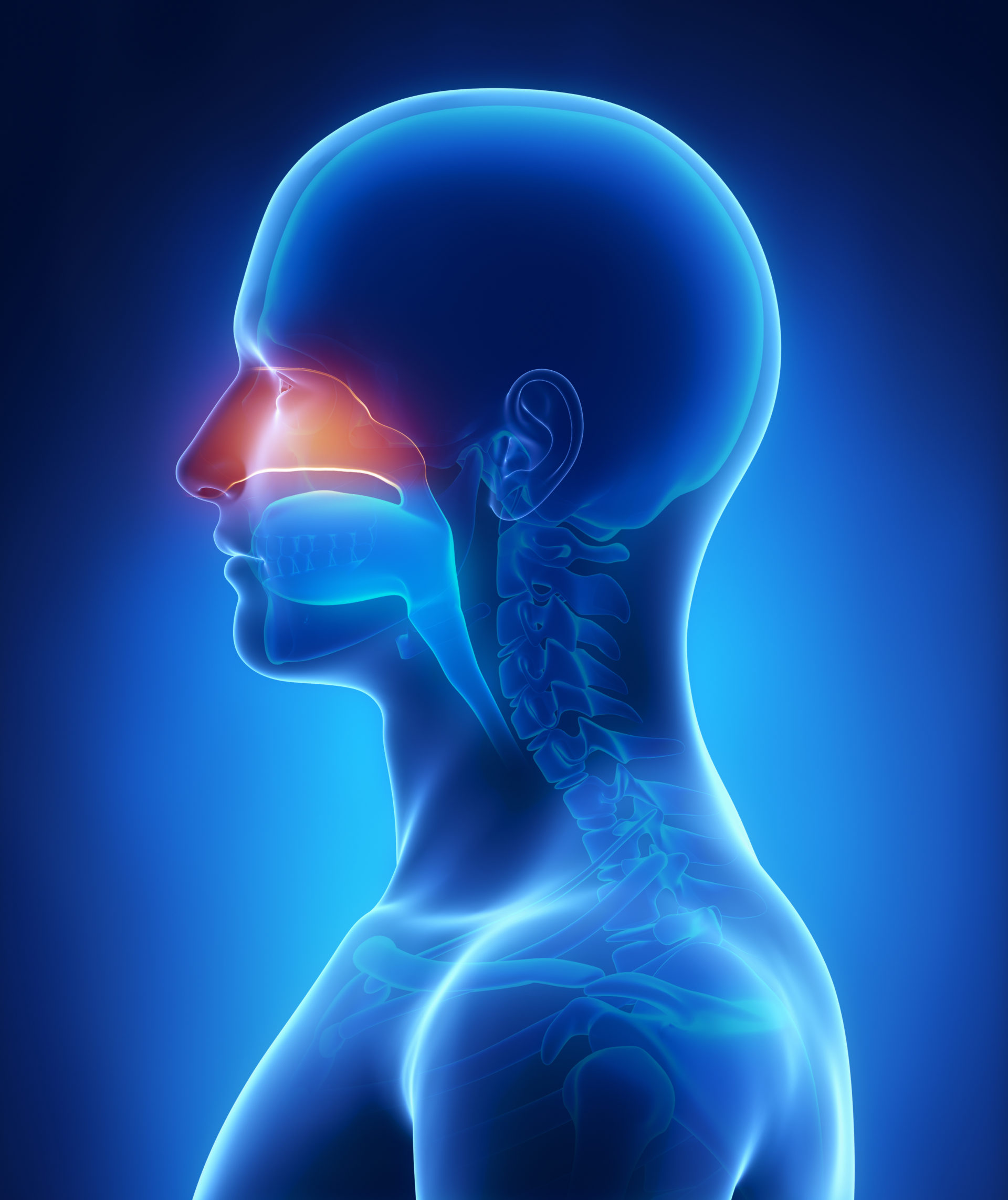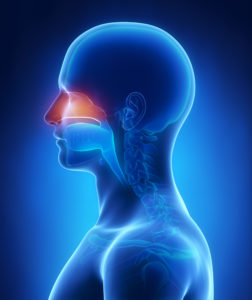Lyme disease can affect every part of the body, with its bacteria spreading and wreaking havoc. Nearly half a million people are diagnosed with Lyme each year.
Otorhinolaryngologic Symptoms of Lyme
Otorhinolaryngologic symptoms refer to the symptoms that affect the ear, nose, throat, base of the skull, head, and neck. Some of these symptoms may overlap with neurologic symptoms.
Research shows that about 75% of Lyme patients suffer from head and neck symptoms.
“Sowula et al (2018) reported that otological symptoms occurred frequently in tick-borne diseases. They reported in patients with Lyme in Poland, “The most common complaint was tinnitus (76,5%) accompanied by vertigo and dizziness (53,7%), headache (39%), unilateral sensorineural hearing loss (16,7%). The patients also had tick-borne coinfections, among them the most common was Bartonella henselae (33,4%) and Bartonella quintana (13%).” Others have reported hearing loss accompanied by cochlear inflammation and polyneuritis (Ewers, 2015), as well as isolated sudden hearing loss (Espiney Amaro et al, 2015; Peeters et al, 2013).” (Timothy C Hain, MD)
Lyme can cause:
- Bell’s Palsy
- Headaches
- Eye inflammation
- Facial Twitching
- Head and neck dysesthesia (abnormal sensations of scalp)
- Vertigo (Sensation that environment around you is moving)
- Dysgeusia (Taste disorder)
- Swollen Lymph Nodes (Cervical lymphadenopathy)
- Jaw pain (temporal mandibular joint pain)
- Tingling nose, cheeks, and face
- Stiff neck
- Sore throat
- Decreased hearing
- Ear ringing or buzzing (Tinnitus)
- Sound sensitivity
- Pain in the ears (Otalgia)
What is Bell’s Palsy?
Bell’s Palsy is a more common side effect of Lyme disease and a consequence of damage to the facial nerve. This temporary paralysis of the face muscles on one side can be uncomfortable and painful. While it is considered to be a neurologic issue, your otolaryngologist can diagnose and treat you for Bell’s Palsy.
Lyme & Vertigo
Vertigo refers to a symptom that makes you feel like the environment surrounding you is spinning, causing you to feel dizzy and lose your balance. Studies show that this is usually accompanied by hearing loss, as well. If you suffer from this symptom, vestibular rehabilitation might be part of your treatment protocol.
Lyme & Temporomandibular joint disorder (TMJ)
Temporomandibular joint disorder (TMJ) is when there is difficulty moving your jaw and pain surrounding the jaw joint and muscles. We read many comments from our LymeNow community reporting that they suffer from jaw pain due to Lyme disease. However, research shows that sometimes this jaw pain is actually due to acute arthritis of the right temporomandibular joint.
Lyme & the Ears
Almost half of Chronic Lyme patients have hearing problems. It is important to treat these symptoms (hearing loss, tinnitus, and otalgia) to avoid permanent hearing loss. While there is no cure for tinnitus, it can be managed with hearing aids and sound therapy.
How to Treat Otorhinolaryngologic Symptoms of Lyme
The best way to treat it is to continue antimicrobial treatment and work to remove Lyme bacteria from the body. Detoxification protocols can help to speed up this process.
Consult your otolaryngologist if you have any of these symptoms.
The many symptoms of Lyme can be hard to keep up with. It is difficult to know what is Lyme and what is a new condition as a result of Lyme. Regardless, as you work to detoxify the body, boost the immune system, and rid yourself of Lyme bacteria, you should start to see a decrease in the severity of the otorhinolaryngologic symptoms of Lyme.
Chronic Lyme affects the entire body. Learn more about the symptoms of Lyme.


